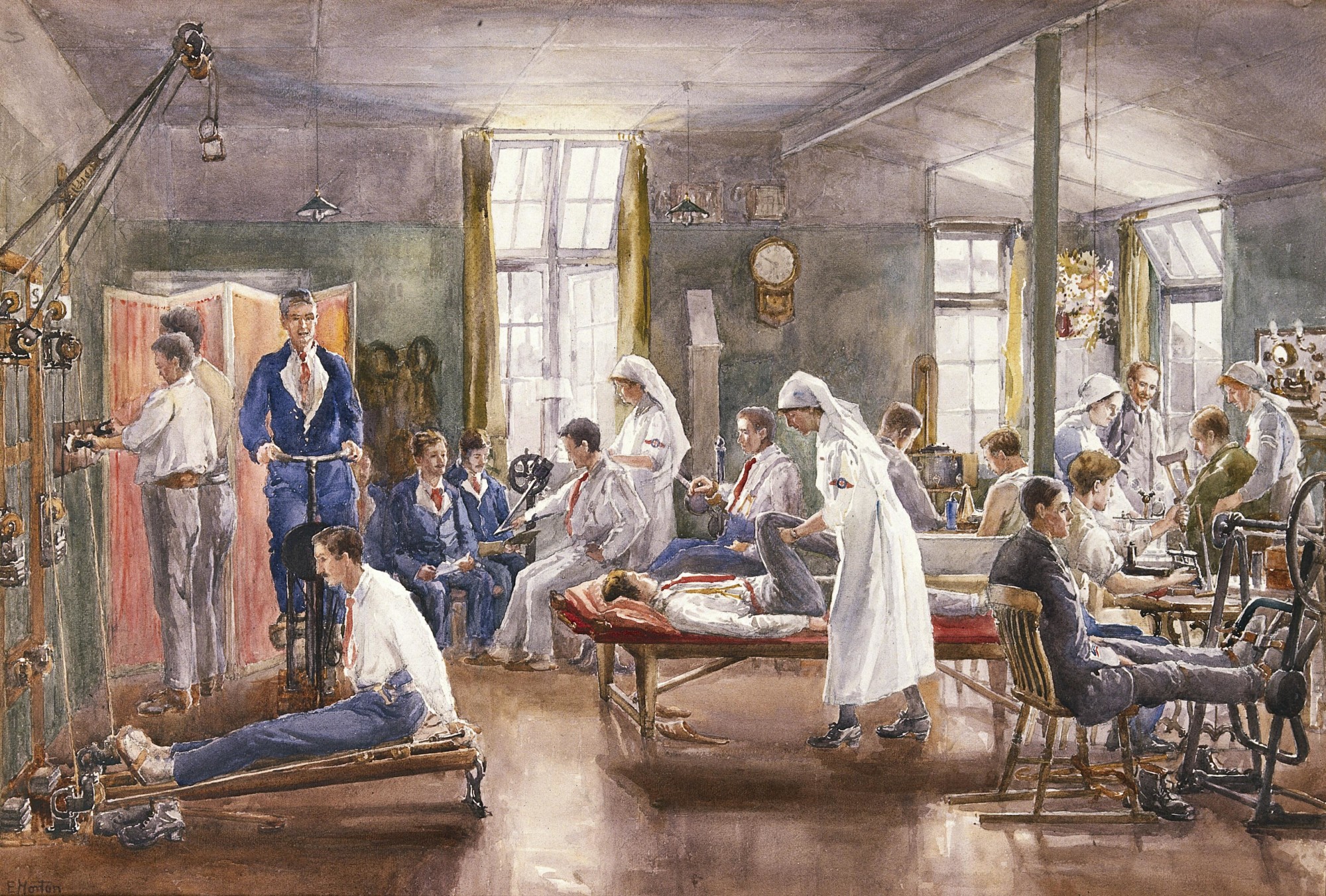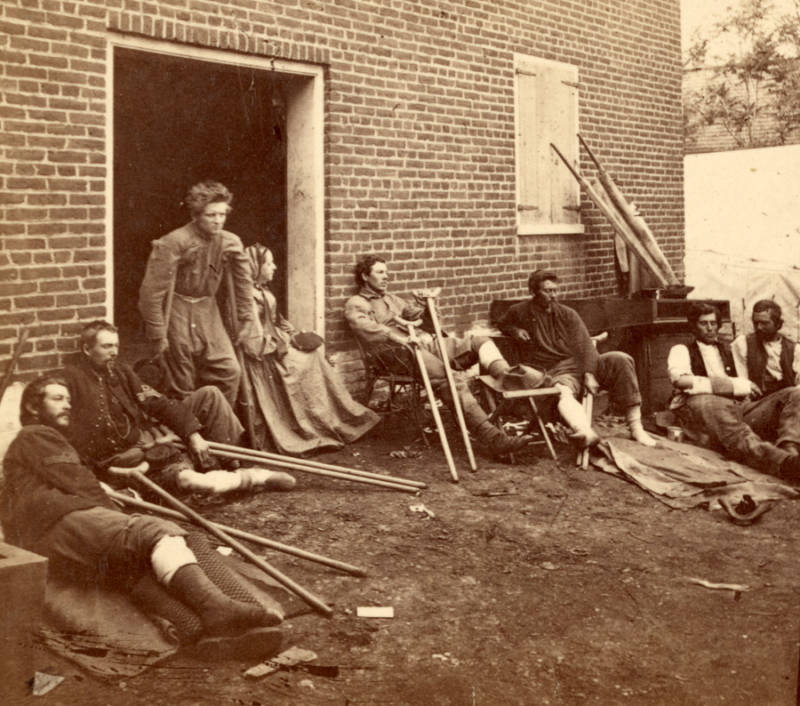

Still, our crowd here aren’t precisely wasters. They all rush there from the front, you know-the way they do from the racecourse-though, to be sure, it is not quite the real thing-not a really smart crowd. Quite like Deauville the night of the Grand Prix.

The rush begins about ten in the evening and goes on till morning. You should watch the motors drive up then. They’ve a gala night in our casino whenever there’s a battle. Borden highlighted this oxymoronic situation through a process of relentless defamiliarisation in one of her fragments, “The Beach”, using the voice of a wounded soldier: She was trained on the spot, in a makeshift hospital set up in the casino at Malo-les-Bains, which created an incongruous backdrop for the suffering and death of soldiers. When the war broke out, Borden was living in London and was pregnant with her third child but as soon as she was well enough to travel, in early 1915, and her daughter not being quite two months old, she set off on her own for France to serve as a nurse. She also actively supported female suffrage, and even had a brief spell as a suffragette in 1913, when she flung stones at the Treasury Building during a protest, crashed a window, and spent five days in prison as a result. Forster, and Wyndham Lewis-with whom she had a brief affair just before the war broke out. Both novels had received favourable reviews, and Borden was indeed active on the London literary scene, using her considerable wealth to entertain fellow artists such as Ford Madox Ford, E. Yet the writing style and the linear narratives were not markedly innovative. Both had a marked feminist perspective, and the latter novel, set in India, dealt with questions of race and colonisation in a strongly satirical tone that anticipated Forster’s A Passage to India (1924).

Borden’s Hôpital chirurgical mobile n☁ģWhen World War I broke out, Mary Borden had already published her first two novels, The Mistress of Kingdoms and Collision, in 19 respectively. This phenomenology develops through a geography of isolation and estrangement, and through Borden’s spectral mode of writing.

Beyond gender issues or questions of traumatic writing, what emerges out of Borden’s disjointed sketches is a phenomenology of the experience of war-an experience that was radically unfamiliar due to its unprecedented nature, and was therefore sensed as exceptional. Finally, I propose to examine at closer range the question of representation in Borden’s war writing, which I wish to argue is one of the major though overlooked reasons for its disregard when it was published. This paper will first outline the unique position held during the war by Borden and her field hospital this exceptional situation, as we shall then realise, is reflected in the distinctiveness of the collection of fragments that she wrote at the front, The Forbidden Zone. My attempt will be to delineate how Borden’s war writings set themselves at odds with existing cultural and aesthetic norms. Whilst Borden was socially active within the avant-garde London literary scene before 1914, her own pre-war novelistic writing tended towards a conventional form however, her prose and verse took on a strikingly innovative turn during the war. This exceptional stance seems to have had a direct impact on her writing. Recent research, however, has been paying closer attention to the contribution of women, and particularly of nurses, to the war effort yet as will be developed below, little consideration has been given to the specific form in which they wrote of their experience.ĢThis essay centres on the experience and literary testimony of a particular figure in the landscape of World War I nursing that is outstanding on a variety of counts: Mary Borden, an American millionaire who single-handedly established and funded the only hospital unit on the Franco-Belgian front that wasn’t under the control of the Red Cross. On the other hand, over the course of the war and for the several subsequent decades, the nurses’ accounts of their experience just behind the front lines-through private letters, diaries, as well as through texts intended for publication-tended to be erased from collective memory nurse writings were generally considered as inferior in terms of testimonial value to those produced by the soldiers, who were regarded as the only legitimate actors of the war. 1During the First World War, the figure of the nurse was marked with a paradoxical tension: on the one hand, the nurses caring for the wounded on the various fronts of the war were idealised as avatars of the Virgin Mary, bent over the soldiers sacrificed to the nation.


 0 kommentar(er)
0 kommentar(er)
